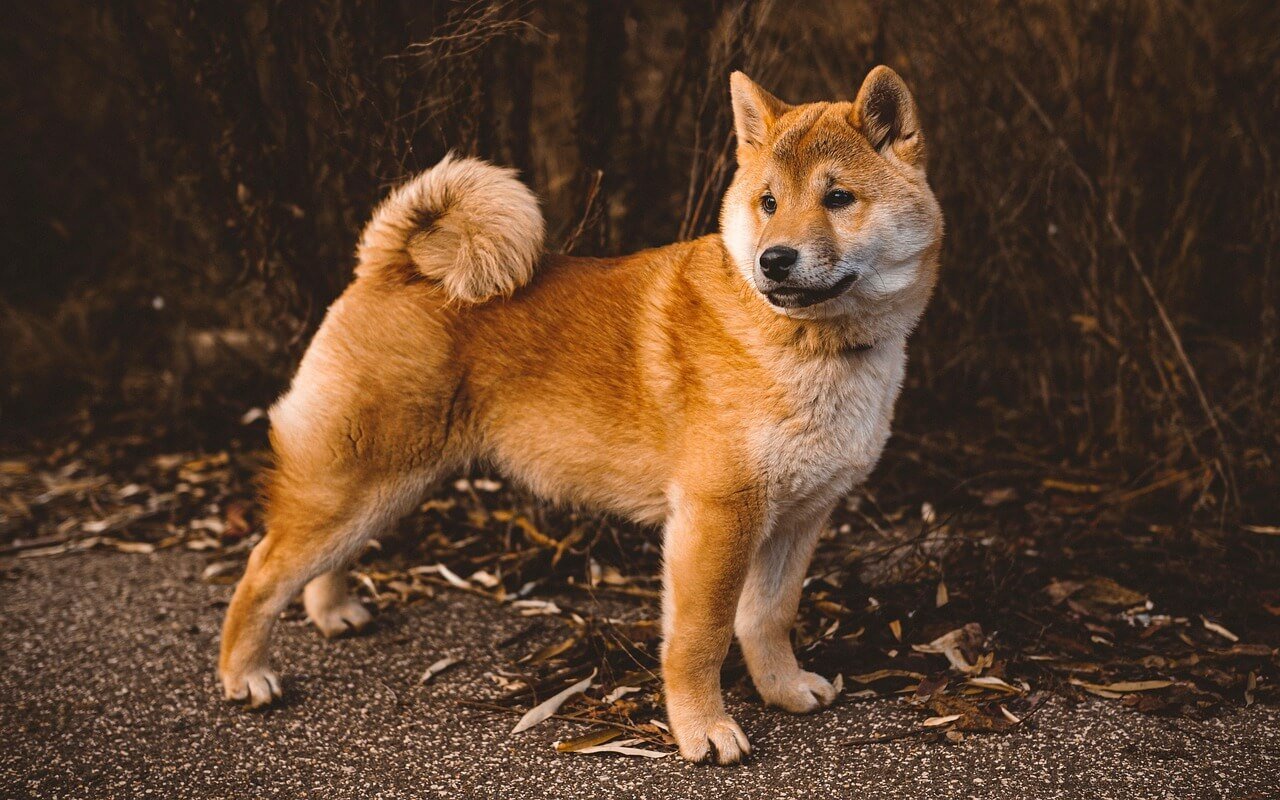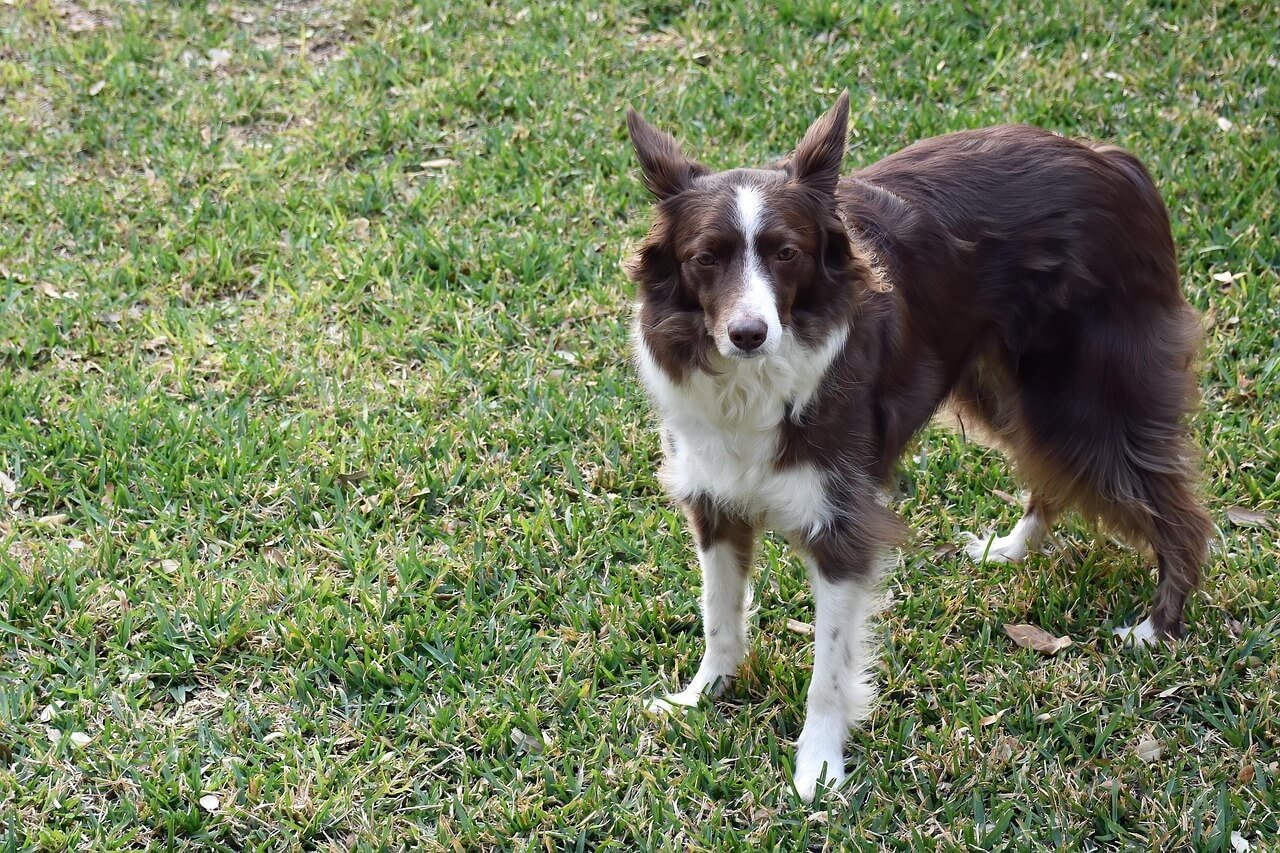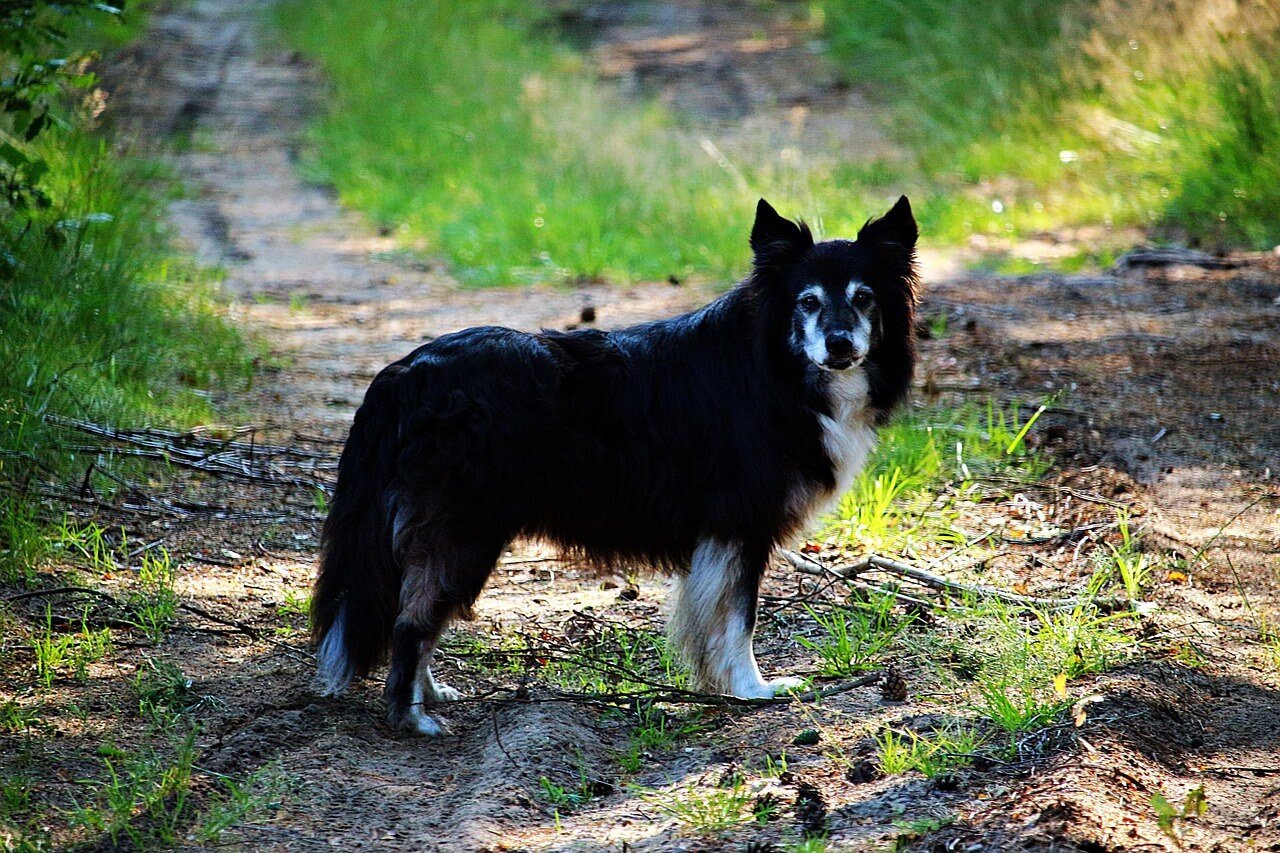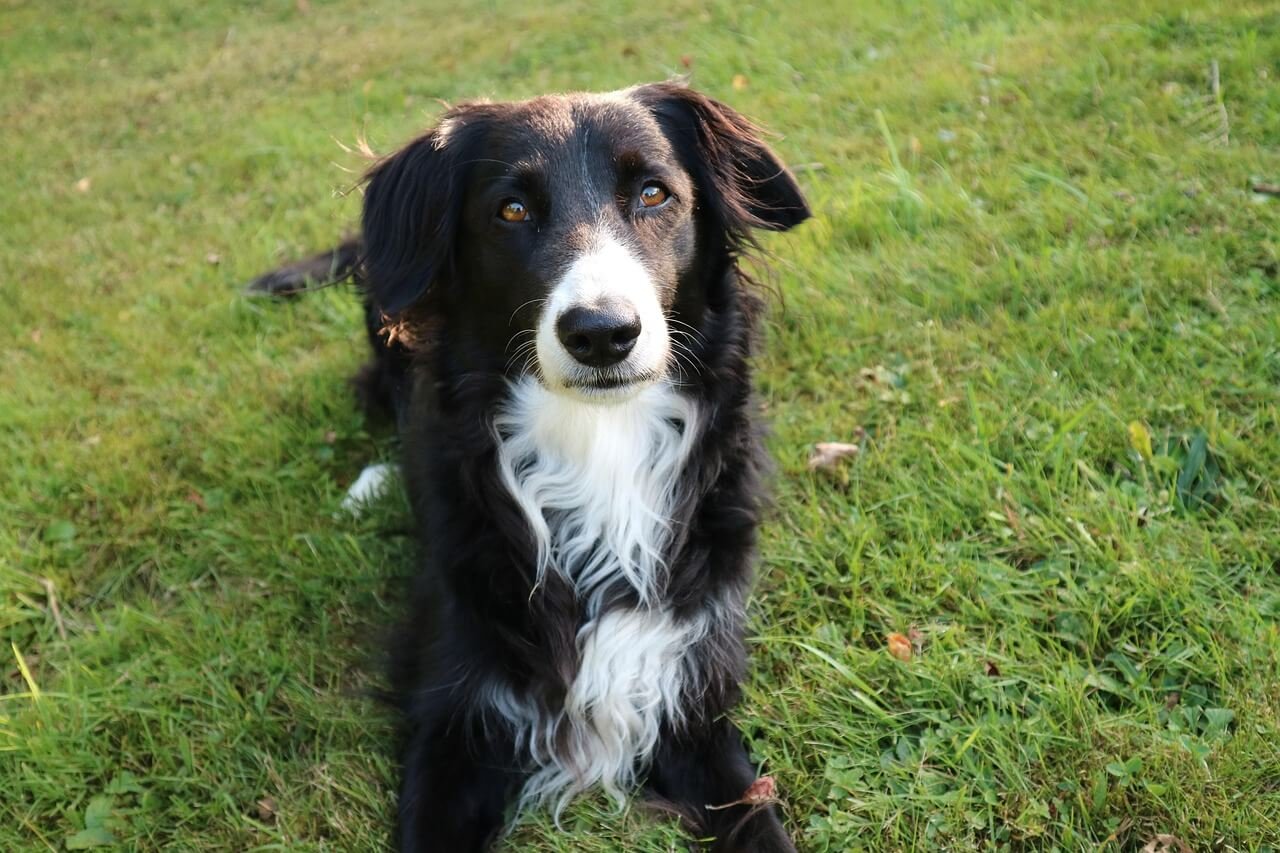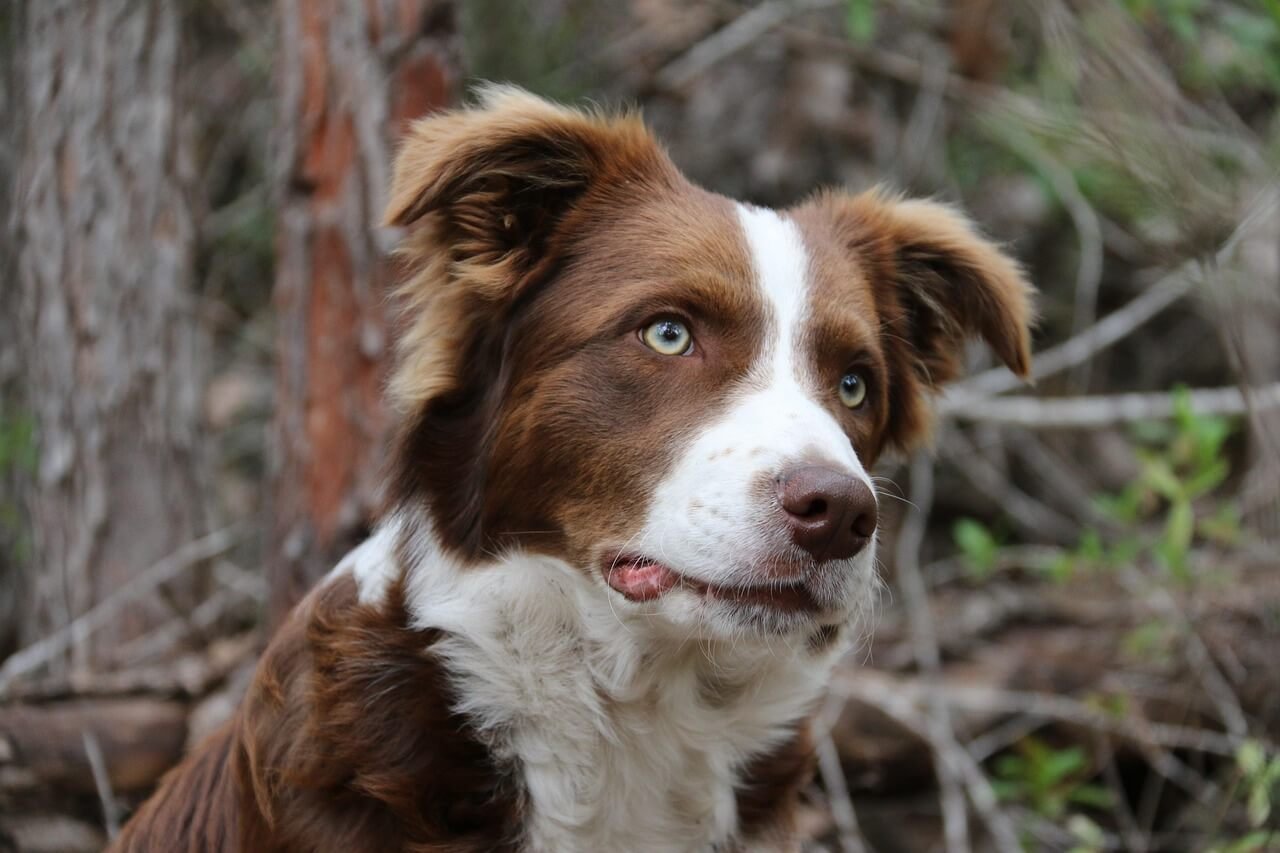Dog Loyalty: The Unbreakable Bond Between Humans and Their Furry Friends
Dogs have long been celebrated as “man’s best friend,” and for good reason. Their unwavering loyalty and unconditional love make them cherished companions in our lives. Whether it’s the wag of a tail, a comforting nuzzle, or their steadfast presence during tough times, dogs show us what true devotion looks like. But what exactly drives dog loyalty? Is it instinct, training, or something deeper? In this blog post, we’ll explore the science, stories, and secrets behind dog loyalty, shedding light on why these incredible animals hold such a special place in our hearts—and how we can nurture this bond to make it even stronger.
What Makes Dogs So Loyal? Key Factors Behind Their Devotion
Dog loyalty is more than just a heartwarming trait—it’s rooted in biology, history, and the unique connection they share with humans. Understanding the factors that contribute to their loyalty helps us appreciate this remarkable bond even more. Here’s a closer look at what makes dogs so loyal:
Evolutionary History: Dogs evolved from wolves, learning to rely on humans for food and protection, which fostered a deep sense of trust.
Social Structure: As pack animals, dogs naturally form strong bonds with their “pack,” viewing their human family as part of their group.
Training and Positive Reinforcement: Consistent training and rewards reinforce their desire to please their owners, strengthening loyalty over time.
Emotional Connection: Dogs are highly attuned to human emotions, often responding with empathy and support during moments of joy or distress.
Instinctual Behavior: Protecting their family and territory is an innate drive that reinforces their role as devoted companions.
These factors work together to create the incredible loyalty dogs exhibit. It’s no wonder they’ve earned a reputation as some of the most faithful creatures on Earth.
Signs of Dog Loyalty: How Your Pup Shows Their Love
Dogs express their loyalty in countless ways, often through subtle actions that speak volumes about their devotion. Recognizing these signs can deepen your appreciation for your furry friend. Here are some common ways dogs demonstrate their loyalty:
Following You Around: Your dog may shadow you throughout the house, showing they want to be close to you at all times.
Protective Behavior: Growling or positioning themselves between you and perceived threats highlights their protective instincts.
Excitement When You Return: A wagging tail, happy barks, or enthusiastic greetings when you come home reflect their joy at being reunited with you.
Comforting You During Tough Times: Dogs often sense when you’re sad or stressed and will cuddle up to offer comfort.
Listening and Responding to Commands: Obedience and attentiveness are clear signs of respect and loyalty toward their owner.
These behaviors remind us that dog loyalty isn’t just a feeling—it’s an action demonstrated daily through their interactions with us.
Check this guide 👉Dog Brain vs Human Brain: Best 7 Expert Tips!

Ways Dogs Show Loyalty | How to Strengthen the Bond |
|---|---|
Following you everywhere | Spend quality one-on-one time with your dog |
Protective behavior | Reward calm and confident behavior |
Excited greetings | Greet them warmly every time you return |
Comforting you during stress | Acknowledge and thank them for their support |
Listening to commands | Train consistently using positive reinforcement |
Breeds Known for Exceptional Loyalty
While all dogs are loyal to some degree, certain breeds stand out for their extraordinary devotion and protective instincts. If you’re considering adding a loyal companion to your family, these breeds might be worth exploring. Here are some of the most loyal dog breeds:
German Shepherd: Renowned for their intelligence and protective nature, German Shepherds are fiercely loyal to their families.
Golden Retriever: Friendly and affectionate, Golden Retrievers thrive on forming close bonds with their owners.
Labrador Retriever: Known for their playful yet devoted personalities, Labs make excellent lifelong companions.
Rottweiler: Strong and confident, Rottweilers are deeply loyal and excel as guardians of their loved ones.
Beagle: Though small, Beagles are incredibly loyal and enjoy spending every moment by their owner’s side.
Each breed brings its own unique traits to the table, but all share an unshakable commitment to their human families.
How to Build and Strengthen Dog Loyalty
While dogs are naturally inclined to be loyal, there are steps you can take to deepen this bond and ensure your relationship thrives. Here are some practical ways to build and strengthen dog loyalty:
Spend Quality Time Together: Engage in activities like walks, playtime, or training sessions to reinforce your connection.
Use Positive Reinforcement: Reward good behavior with treats, praise, or toys to encourage trust and cooperation.
Establish Clear Boundaries: Consistent rules help your dog feel secure and understand their role within the family.
Show Affection Regularly: Physical touch, verbal praise, and simply being present go a long way in building loyalty.
Provide Mental Stimulation: Puzzle toys, obedience training, and new experiences keep your dog engaged and strengthen your partnership.
By investing time and effort into nurturing your relationship, you’ll cultivate a bond built on mutual trust and admiration.
Heartwarming Tales That Showcase Unbreakable Bonds
Throughout history, there have been countless stories of dogs whose loyalty has touched the hearts of millions. These tales remind us of the depth of a dog’s devotion and their ability to form lifelong connections with humans. Here are some iconic examples of legendary dog loyalty:
Hachiko: The Japanese Akita who waited at a train station every day for nearly a decade after his owner’s death, symbolizing unwavering faithfulness.
Greyfriars Bobby: A Skye Terrier in Scotland who guarded his owner’s grave for 14 years, becoming a local legend.
Fido: An Italian dog who continued to wait at the bus stop daily for his deceased owner, inspiring global admiration.
Shep: A herding dog in Montana who stayed by his owner’s side until rescue teams arrived during a blizzard, showcasing protective instincts.
Bobbie the Wonder Dog: A Collie-Shepherd mix who traveled over 2,500 miles to reunite with his family after being separated on vacation.
These stories highlight the extraordinary lengths dogs will go to demonstrate their loyalty, proving that their bond with humans is truly unparalleled.
Clarifying Common Myths Surrounding Loyalty in Dogs
While dog loyalty is widely celebrated, there are misconceptions about what drives it and how it manifests. Understanding these myths can help deepen your appreciation for your dog’s behavior. Here are some common misunderstandings and the truth behind them:
Myth: Only Certain Breeds Are Loyal: All dogs, regardless of breed, have the capacity for loyalty—it depends more on individual personality and upbringing.
Myth: Loyalty Is Solely Based on Food Rewards: While treats play a role, emotional connection and trust are equally important in fostering loyalty.
Myth: Rescue Dogs Aren’t as Loyal: Many rescue dogs show immense gratitude and loyalty once they feel safe and secure in their new home.
Myth: Dogs Don’t Remember Their Owners After Long Absences: Studies show dogs remember their owners even after extended separations, thanks to strong emotional bonds.
Myth: Aggressive Behavior Indicates Disloyalty: Aggression often stems from fear or misunderstanding, not a lack of loyalty—proper training can address this.
By dispelling these myths, we gain a clearer understanding of the true nature of dog loyalty and how to nurture it effectively.
How Dogs Maintain Loyalty Through Difficult Times
Even the most loyal dogs may face challenges that test their bond with their owners. However, their resilience and dedication often shine through in tough situations. Here are some scenarios where dog loyalty is put to the test and how they respond:
Abandonment or Neglect: Despite past trauma, many dogs remain hopeful and continue to seek connection with humans.
Health Issues: Even when physically limited, dogs often stay affectionate and attentive to their owners’ needs.
Changes in Routine: Moving homes, introducing new pets, or adjusting schedules can disrupt routines, but dogs adapt to maintain their bond.
Owner Absence: Whether due to work, travel, or illness, dogs patiently wait for their owners’ return, demonstrating steadfastness.
Training Setbacks: Mistakes or inconsistencies in training don’t diminish their desire to please and connect with their human companions.
Through these challenges, dogs prove time and again that their loyalty runs deep, reinforcing why they’re considered such remarkable animals.
Frequently Asked Questions About Dog Loyalty
Why are dogs so loyal to humans?
Dogs evolved alongside humans, developing a natural inclination to form strong bonds with their caregivers.
Can a dog’s loyalty be trained?
While loyalty has instinctual roots, consistent training and positive reinforcement can enhance it significantly.
Do rescue dogs show less loyalty?
Not at all—rescue dogs often form incredibly strong bonds with their adopters due to the second chance they’re given.
How do I know if my dog is loyal?
Look for signs like following you, protecting you, or showing excitement when you return home.
Are there breeds less likely to be loyal?
All dogs have the capacity for loyalty, though some breeds may require more effort to build trust initially.
Final Thoughts: Celebrating the Power of Dog Loyalty
Dog loyalty is a gift unlike any other—a testament to the profound connection between humans and animals. From their evolutionary roots to the everyday moments they share with us, dogs remind us of the beauty of unconditional love and trust. By understanding and nurturing this bond, we not only enrich our own lives but also ensure our furry friends feel cherished and valued. Whether you’re raising a puppy, adopting a senior dog, or simply enjoying the company of your current companion, remember that the key to lifelong loyalty lies in love, patience, and mutual respect. After all, few things in life compare to the joy of having a loyal dog by your side.
Understanding Scabs in Dogs Ears: Best 7 Tips! Learn how to identify, treat, and prevent scabs in your dog’s ears for optimal ear health.
Is Cinnamon Bad for Dogs? Best 7 Health Tips! Discover safe ways to use cinnamon, risks to avoid, and expert advice to keep your dog healthy.
Can Dogs Get Pneumonia from Humans? Best 7 Tips! Learn how to protect your dog, understand transmission risks, and ensure their respiratory health.
Can Dog Urine Make You Sick? Best 7 Health Tips! Learn how to stay safe, prevent illness, and handle exposure to dog urine effectively.

